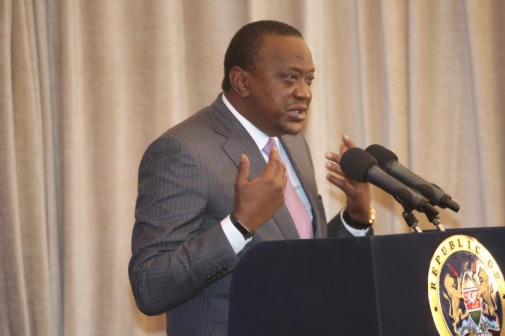×
The Standard e-Paper
Home To Bold Columnists

President Uhuru Kenyatta’s signature is the only remaining hurdle to lower interest rates on loans and higher returns for deposits.
Thursday, MPs defied strong lobbying by commercial banks to unanimously pass a Bill that intends to regulate interest rates applicable to bank loans and deposits, and prescribes punitive penalties for bank officials who violate the requirement.